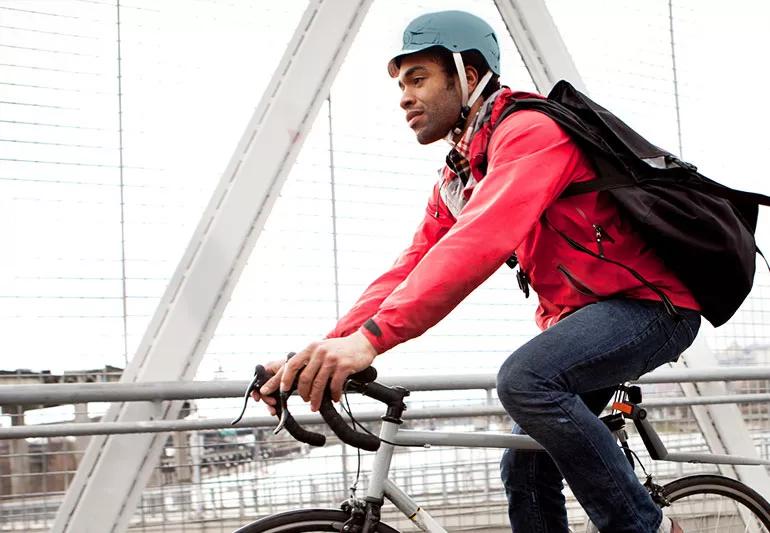
QPS Health Services
Family Newsletter Summer Edition

Sun Safety
Most children rack up between 50-80% of their lifetime sun exposure before age 18, so it’s important that parents teach their children how to enjoy fun in the sun safely. With the right precautions, you can greatly reduce your child’s chance of developing skin cancer:
Use sunscreen whenever your child will be in the sun.
Sun block should be applied 30 minutes before your kids go outside.
Apply a thick layer to each section of your child’s body, to the point that it is actually hard to work it all in.
Reapply sunscreen often, especially if your child is sweating or swimming.
Limit time in the midday sun.
Wear a hat to help protect your eyes, ears, face and the back of your neck.
Cover up with tightly woven, loose-fitting, full-length clothing.
Drink plenty of water. Your body needs water to prevent dehydration during warm summer days.
Water Safety
The number one safety rule around water is to watch your child closely!
Nationally, drowning is the 2nd leading cause of death among kids under the age of 14.
- Never leave a child unsupervised near a pool.
- Don’t consider young children “drown proof” because they have had swimming lessons.
- Young children should always be watched carefully while swimming.
- Do not use flotation devices as a substitute for supervision.
- Remind your pre-teen and teen not to dive or flip into the shallow end of a pool; serious head and neck injuries including paralysis or death can result from such activity.
Protect Against Insects!!
Along with the bright sunny days of summer comes a rise in some unwanted critters. Insects (mosquitoes, gnats, ticks, etc…) commonly bite children and adults during this time. They can cause not only localized discomfort but can spread certain illnesses as well. An example of such is Lyme Disease and other viral illnesses. The best way to protect yourself is to keep the insects from biting you.
Follow these steps during summer and early fall to protect yourself and your children:
- If possible, avoid outdoor activities between dusk and dawn.
- If outside wear a long-sleeved shirt and long pants.
- Use an insect repellent and follow the directions on the label.
- Remember to only use products that are approved for children. Follow the manufacturer’s instructions.
- Wash insect repellents off when you return indoors.
- When you bring a baby outdoors, cover the carriage or playpen with mosquito netting.
- Do not allow water to stagnate in wading pools, birdbaths, etc.
- Check for ticks daily and remove them promptly using fine-point tweezers. If you notice a rash, contact your doctor.
Wear a Helmet
Head trauma is the most common injury in accidents involving bikes, in-line skates, skateboards and scooters. Head injuries are the leading cause of death and disability in these types of crashes.
One of the best ways to stay safe this summer when participating in these physical activities is to wear a helmet and other safety gear. Studies on bicycle helmets have shown they can reduce the risk of head injury by as much as 85%.
Digging in the Sand Safely
To ensure the safety of yourself and others when spending time at the beach or in sandy areas, please keep the following guidelines in mind:
- Avoid digging deep holes or tunnels in the sand.
- Dig no deeper than knee-deep.
- Fill in any holes once you're done and ensure that you've packed in the sand.
- Never leave children unsupervised when playing in the sand.
- Stay away from dunes when digging.
- Consider other ways to build your sandcastles and avoid digging holes if you can.
- Be mindful of signs warning of unstable areas or beach erosion
**Lifeguard Rule: Only dig as knee deep as the shortest person in the group.
Key points to consider:
1. **Collapse Hazard** Digging deep holes or tunnels in the sand can lead to collapse, potentially causing serious injury or even suffocation. The sand can quickly cave in on individuals inside, trapping them beneath the surface.
2. **Unstable Structures** Sand is not a stable material, and structures built in or on it can easily collapse, especially if they are not properly supported or reinforced. Tunnels and caves can collapse unexpectedly, posing a significant risk to anyone inside.
3. **Entrapment** Individuals digging in the sand may become entrapped or buried if a collapse occurs. This can make it difficult for them to breathe and escape, increasing the risk of injury or even death.
4. **Beach Erosion** Digging in the sand can contribute to beach erosion, which can have negative environmental impacts and may affect the stability of coastal areas over time.
Sports Physicals Reminder
Take the time this summer to have your child’s physical updated. Fall sports are fast approaching and a physical done within the past 13 months is required to participate.




